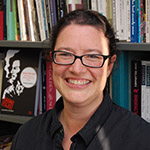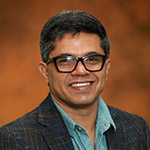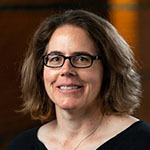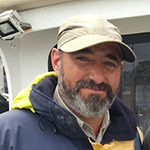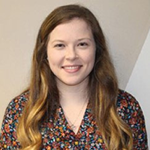Climate Crisis: Take Action Course
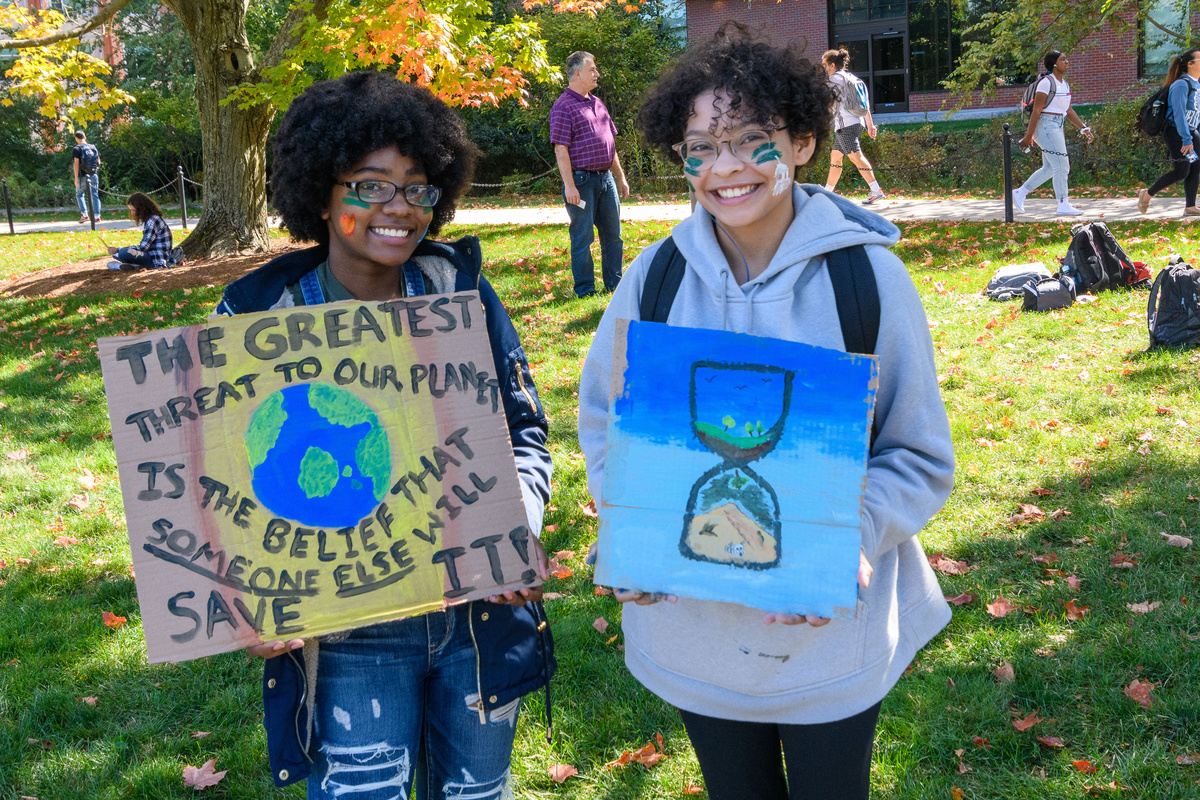
UNIV 3088 Section 002 Class# 16595
Special Topics: Climate Crisis: Take Action
August 29, 2022 – October 14, 2022
1-Credit Course
Free to all UConn students, faculty and staff
Human-caused climate change is one of the most challenging crises facing the world. Solutions exist that offer hope for addressing this challenge now. The course takes a transdisciplinary approach to the issue of climate change action, intentionally integrating across traditional academic disciplines in science, social science, and the humanities, and reaching beyond the academy to incorporate the full array of stakeholders such as those in public policy, business, and the general public.
We see the current moment as an opportunity for society to take a “head, heart, and hands” approach to the climate crisis. This model suggests that transformational learning is holistic, and relates the cognitive domain (head) to critical reflection; the affective domain (heart) to relational knowing; and the psychomotor domain (hands) to engagement. We have designed this one-credit pop-up course to provide students with a framework within which to examine their values, identity, and purpose/power as it relates to climate change; to consider the multiple ways in which social change occurs; and to identify which pathway(s) they personally may wish to pursue to take action on climate change. Our overarching goal is to encourage students to consider how they personally can become agents of change in the global climate change arena by understanding complex problems and resolving them through social action.
Course dates:
Undergraduate and Graduate Students: Monday, August 29, 2022 - Friday, October 14, 2022
Faculty and Staff: TBD
Registration
Students can enroll in Student Administration until September 12, the end of add/drop.
Course: UNIV 3088 Section 002
Class Number: 16595
Instruction Mode: Online
For detailed course information, see the course syllabus.
Course Objectives
By the completion of this course, you should be able to:
- Recognize the pathways through which societal change happens (e.g. policy, legal, economic incentives, education, and activism) and how these pathways are being used to address the climate crisis.
- Recognize why the climate is changing, what underlies different projections of the future, and why the United States is lagging behind other countries in addressing the climate crisis.
- Identify the impacts of climate change on earth's systems, ecosystems, people, cultures, and societies.
- Recognize how different mitigation and adaptation strategies present ethical, ecological, and social trade-offs affecting the future of our planet.
- Analyze how and why gaps have arisen between those most responsible for climate change, and those who are most impacted by it using concepts of environmental justice, climate justice, indigenous viewpoints, and colonialism.
- Examine how our human modes of literary, political, legal, artistic, and socio-economic organization affect our collective imaginations related to climate crisis solutions.
- Locate valuable resources throughout the University of Connecticut and community that work toward solutions to the climate crisis.
- Identify environmental sciences, social sciences, and humanities courses offered by UConn that focus on the climate crisis and appeal to your interests and plans of study.
- Identify what kind of global climate future you would like to see and your own willingness, attitudes, and self-efficacy to engage in climate change actions.
Course Modules
Module 0 - Course Orientation
Faculty Team: Atkinson-Palombo, Marsh, Seth, Urban
Module 1: Framing the Pathways to Solving the Climate Crisis
Faculty Team: Atkinson-Palombo, Bontly, Godfrey, Healey, Kashwan
Module 2: Climate Change Science and Impacts
Faculty Team: Bedore, Seth, Urban, Wang, Wanik, Tabor
Module 3: Solution 1: Mitigation Strategies
Faculty Team: Agrios, Bayulgen, Kashwan, Kirchhoff, Seth
Module 4: Solution 2: Adaptation and Compensation
Faculty Team: Healey, Kashwan, Kirchhoff
Module 5: Solution 3: Political Change and the Law
Faculty Team: Abadia, Bayulgen, Healey, Kashwan, MacDougald, McKenzie, Ouimet
Module 6: Solution 4: Economics
Faculty Team: Donegan, Godfrey, Segerson
Module 7:
Solution 5: Changing Hearts and Minds and Ensuring Justice
Solution 5 Faculty Team: Bontly, Healey, Lin, Kashwan, Marsh, Ouimet
Solution 6: How Can We Act Individually, as a University, and Community
Solution 6 Faculty Team: Atkinson-Palombo, Marsh, Seth, Urban
Frequently Asked Questions
Additional Course Information
Review Frequently Asked Questions regarding the course
Watch a short video on the course introduction for the Climate Crisis: Take Action course
UConn Today: ‘Climate Crisis: Take Action’ Is Third Pop-Up Class Offering at UConn (2/25/2021)
UConn Today: UConn Ranked No. 11 in Sustainability University Rankings (1/8/2020)
Environment and Sustainability at UConn
Center for Environmental Sciences & Engineering
Connecticut State Museum of Natural History
Natural Resources Conservation Academy
More Questions?
Contact us at climateaction@uconn.edu
Faculty
Lead Faculty and UConn Reads Coordinating Group
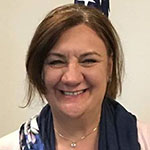
Carol Atkinson-Palombo,
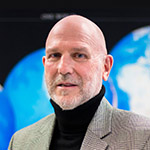
Mike Willig

Kerry Marsh

Cesar Abadia
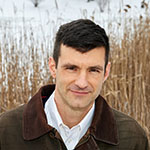
Mark Urban
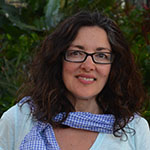
Anji Seth


